(Reuters) - The U.N. nuclear watchdog’s chief urged major powers on Tuesday to clarify a part of their nuclear deal with Iran dealing with technology that could be used to develop an atom bomb, an area Russia said the agency should leave alone.
The 2015 pact between six major powers and Iran restricts its nuclear activities in exchange for the lifting of sanctions against the Islamic Republic. Compliance with those curbs is being verified by the International Atomic Energy Agency.
IAEA Director General Yukiya Amano has defended the deal as a major step forward while declining to comment specifically on criticism of it by the administration of U.S. President Donald Trump, who has called the accord - reached by predecessor Barack Obama - “an embarrassment to the United States”.
But while Nikki Haley, U.S. Ambassador to the United Nations, has infuriated Tehran by saying the IAEA should widen its inspections to include military sites, diplomats say Russia has been trying to restrict the agency’s role by arguing it has no authority to police a broadly worded section of the deal.
That section bans “activities which could contribute to the development of a nuclear explosive device”. It lists examples such as using computer models that simulate a nuclear bomb, or designing multi-point, explosive detonation systems.
You can share this post!
Content
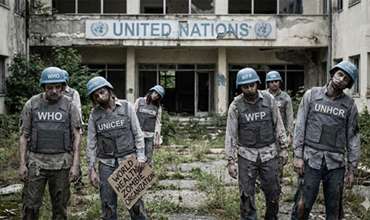
In a dramatic turn of events that could only be missed by those truly living under a rock, the eruption of a metaphorical ’’Supernova’’ in early January 2026 has signified the collapse of the world law and economic order as we know it.
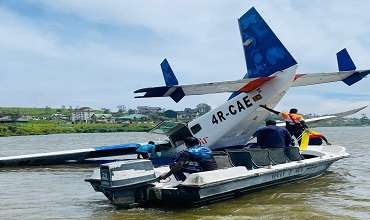
A formal investigation committee has been appointed to probe an incident involving the sea plane that crashed into the Gregory Lake in Nuwara Eliya, the Civil Aviation Authority of Sri Lanka said today.
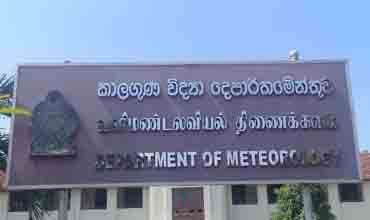
The deep depression in the Bay of Bengal Sea area southeast of Sri Lanka is currently located about 250km southeast of Pottuvil.
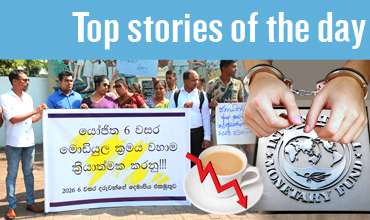
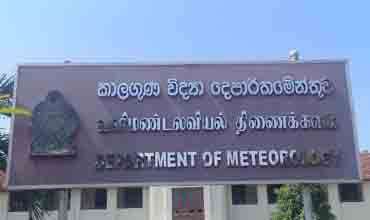


Leave Comments